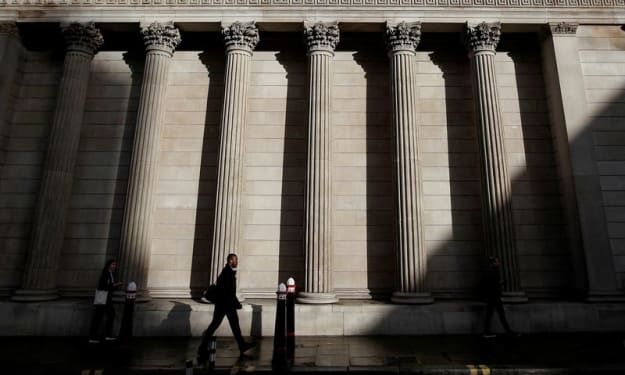The Growing Risk of a US Default: Implications for the Global Economy
An Analysis of the US Debt Ceiling and the Urgent Need for Congressional Action to Address the Growing Risk of a Default.
US Treasury Secretary Janet Yellen said in a letter to Congress that the US will not be able to pay off all its obligations if Congress does not take any action by 1 June, or earlier. The letter suggests the risk of the US going into default is growing. This announcement has sparked concerns about the global economic impact of a US default and has renewed calls for Congress to act quickly to address the country's debt ceiling.
Background
The US debt ceiling is a legal limit on the amount of money that the US government can borrow to pay its bills and debts. The debt ceiling was first introduced in 1917 and has been raised many times since then. The current debt ceiling was set at $28.4 trillion in 2019.
The US government has been running budget deficits for many years, meaning that it spends more money than it takes in through taxes and other sources of revenue. This has led to a rapid increase in the national debt, which currently stands at over $28 trillion.
To continue to pay its bills and service its debt, the US government needs to be able to borrow money. However, the debt ceiling puts a limit on how much the government can borrow. If the debt ceiling is not raised, the government will not be able to borrow enough money to pay all its bills, including payments on existing debt. This could lead to a default on US government debt.
Impact on the Global Economy
A default on US government debt would have serious consequences for the global economy. US government bonds are widely considered to be among the safest and most reliable investments in the world. They are used as a benchmark for many other investments, including other government bonds, corporate bonds, and mortgages.
If the US government were to default on its debt, it would shake the confidence of investors around the world. It would raise questions about the reliability of US government debt as an investment, and it would likely cause a sharp increase in borrowing costs for the US government and for other borrowers.
This could trigger a global financial crisis, as investors around the world panic and try to sell off their holdings of US government debt. This could cause a sharp increase in interest rates, a decline in the value of the US dollar, and a global recession.
Calls for Action
Given the potentially catastrophic consequences of a US default, there have been widespread calls for Congress to act quickly to raise the debt ceiling. However, this is easier said than done.
The debt ceiling has become a contentious issue in recent years, with Republicans and Democrats disagreeing on how to address it. Republicans have historically been more resistant to raising the debt ceiling, arguing that the government needs to rein in spending and balance the budget. Democrats, on the other hand, have argued that the debt ceiling should be raised to ensure that the government can continue to pay its bills and service its debt.
In her letter to Congress, Yellen urged lawmakers to act quickly to address the debt ceiling. She warned that the US government could run out of cash as early as October, which would be earlier than previous estimates.
Conclusion
The risk of a US default is growing, and the potential consequences for the global economy are dire. It is crucial that Congress takes action quickly to raise the debt ceiling and avoid a default. Failure to do so could lead to a global financial crisis that would have devastating effects on economies and people around the world.
It is important to remember that the US government has always paid its debts in the past, and there is no reason to believe that it will not do so in the future. However, the risk of a default cannot be ignored, and it is incumbent upon Congress to act quickly and responsibly to ensure that the US government can continue to pay its bills and service its debt.
About the Creator
pasin corau
follow me on twitter
Enjoyed the story? Support the Creator.
Subscribe for free to receive all their stories in your feed. You could also pledge your support or give them a one-off tip, letting them know you appreciate their work.






Comments
There are no comments for this story
Be the first to respond and start the conversation.